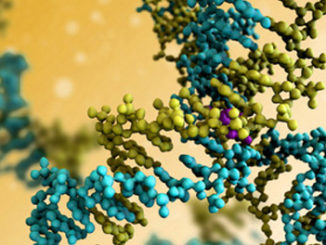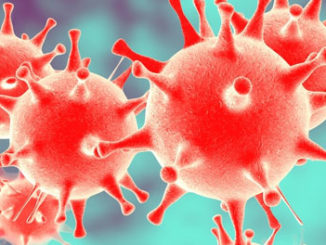HDAC and HAT Inhibitors Reprogram Social Behavior in Carpenter Ants
Florida carpenter ants, or Camponotus floridanus, are social creatures that can develop into one of two distinct castes of workers – majors or minors. These two types of worker ants display specific differences in foraging and scouting behavior for their entire lives. However, a group of researchers conducted a study at the University of Pennsylvania and discovered that these castes can actually be epigenetically reprogrammed via histone acetylation with the help of epigenetic inhibitors. Surprisingly, the ant’s genetic makeup didn’t [more…]





